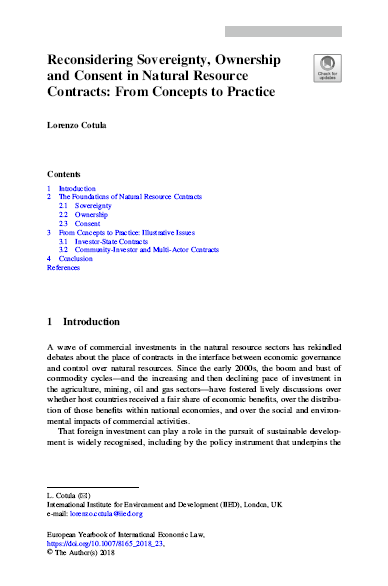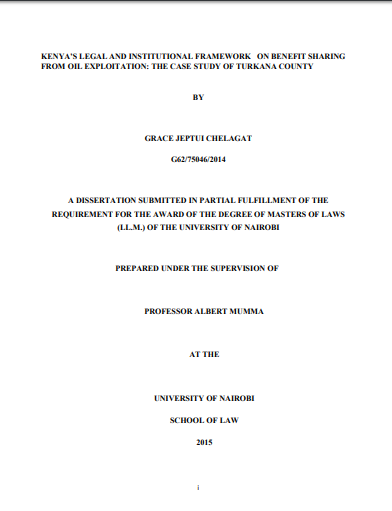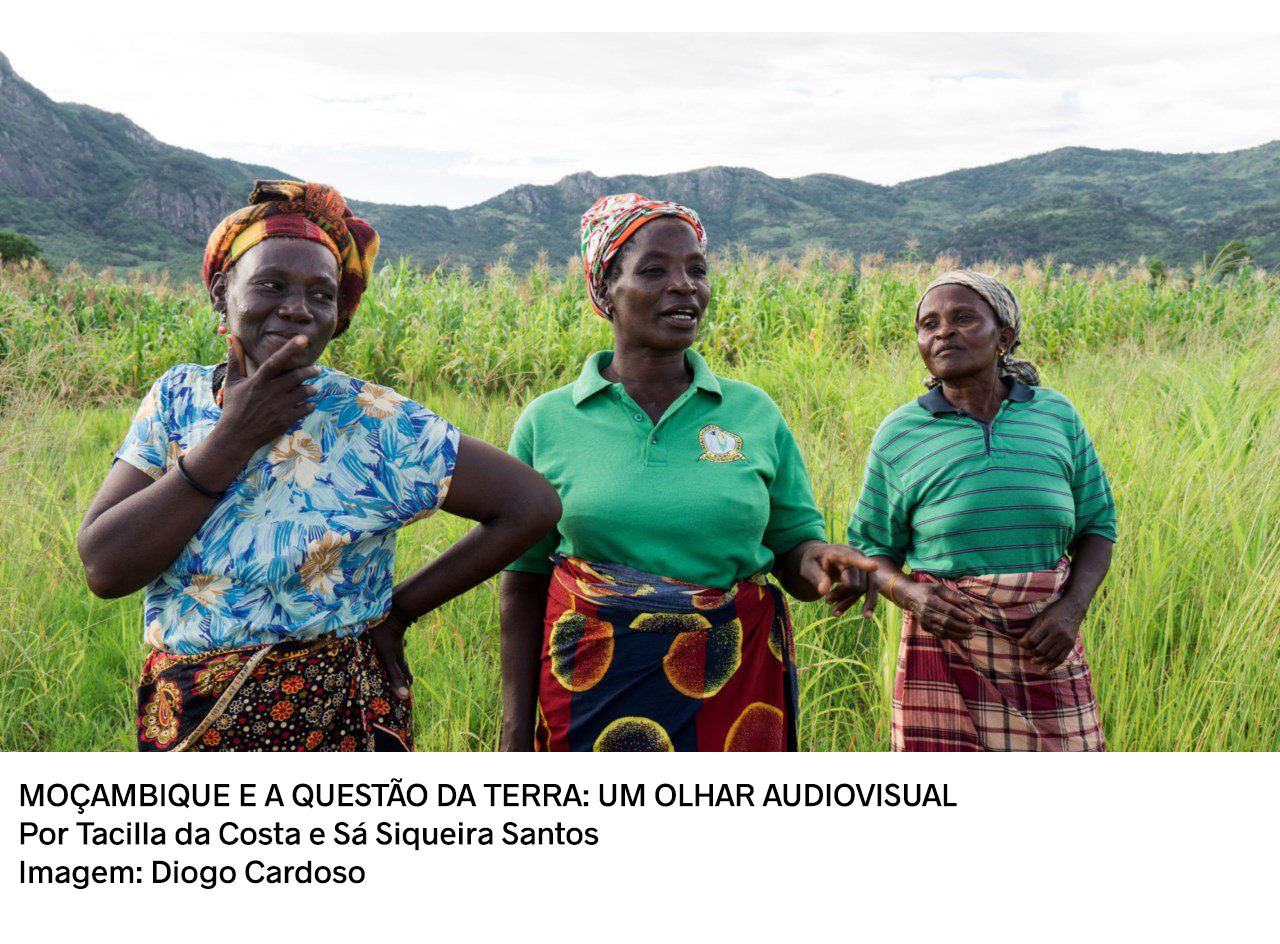Summary of the main points contained in the conclusions and recommendations of the final report of the extractive industries review
This document summarises the main points in the conclusions and recommendations sections of the World Bank’s Final Report of the Extractive Industries Review (EIR). The document focuses particularly on a few of the issues touched upon in the report, such as indigenous peoples’ rights, human rights generally, World Bank accountability/institutional issues, and the definition of poverty and sustainable development.The Final Report recognises that if the World Bank Group is to comply with its mandate, strict conditions must be applied to Extractive Industry (EI) projects.





